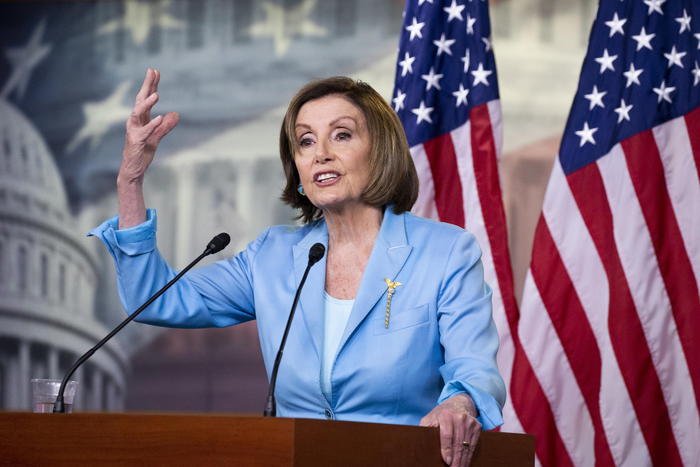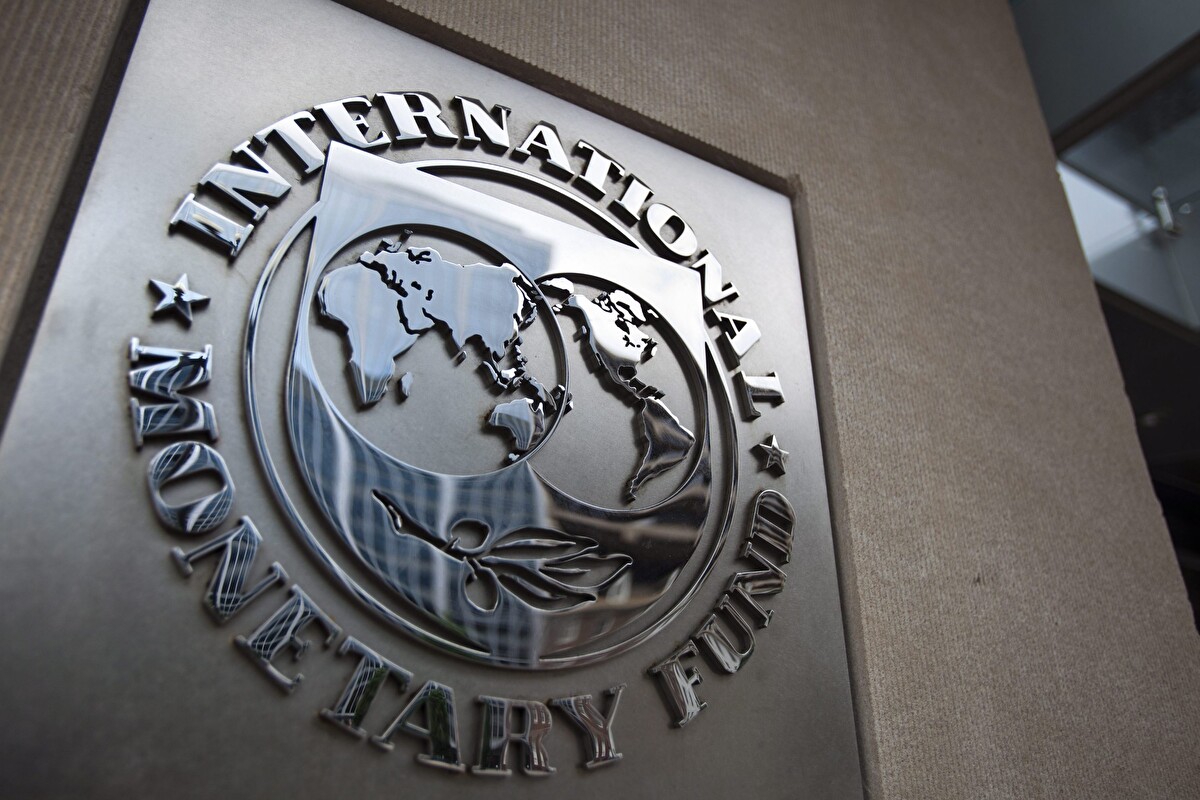Former House Speaker Nancy Pelosi has called for an FBI investigation into the origins of anti-war protests demanding a cease-fire in Gaza, suggesting without concrete evidence that some of these activists might be covertly connected to Russian President Vladimir Putin.
This bold claim by Pelosi has sparked intense debate and criticism. Pelosi, during a CNN interview, speculated that the call for a cease-fire echoes Putin’s strategic interests in the region, hinting at a potential Russian hand in fueling these demonstrations. Her assertion that some financing behind the protests warrants further scrutiny intensifies the intrigue surrounding these claims.
However, Pelosi’s comments have not gone unchallenged. The Council on American-Islamic Relations (CAIR) condemned her remarks as baseless and authoritarian, likening them to historical instances where dissent was suppressed under the pretext of foreign collusion. CAIR emphasized the importance of respecting the American public’s support for a cease-fire, evident in recent polls, rather than dismissing it as foreign manipulation.
Pelosi’s stance reflects a broader tension within the Democratic Party and American politics over the handling of the Gaza conflict. Since Hamas’s attack on Israel on October 7, which resulted in significant casualties and hostage-taking, Israel’s military response has been extensive and devastating, leading to over 26,000 Palestinian deaths and widespread displacement. This has intensified calls for a cease-fire, not only among grassroots movements but also among a substantial segment of the Democratic voter base.
President Biden’s support for Israel in this conflict, aligning with Israeli Prime Minister Benjamin Netanyahu, has caused unease among young voters and progressive activists. They argue that continued U.S. backing for Israel’s military campaign contradicts the party’s commitment to human rights and could harm Democratic prospects in upcoming elections.
Pelosi, with her long tenure on the House Intelligence Committee, underscores her awareness of foreign interference in American politics. Her call for an FBI investigation ahead of the 2024 election illustrates the deep-seated concerns about external influences on domestic political discourse and decision-making.
This unfolding narrative, blending international geopolitics with domestic political tensions, highlights the complex and often opaque interplay of forces shaping global conflicts and their reverberations in national politics. Pelosi’s allegations, whether substantiated or not, have ignited a crucial conversation about the integrity of political activism and the unseen hands that might be shaping it.












